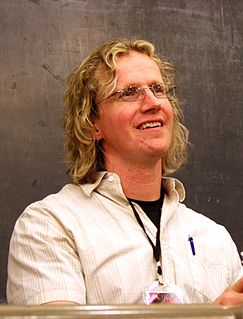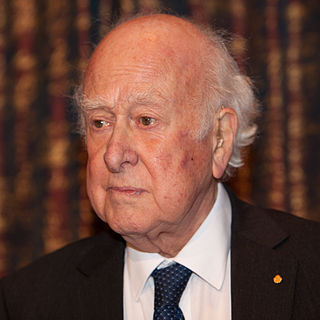A Quote by David Hume
Tho' there be no such Thing as Chance in the World; our Ignorance of the real Ccause of any Event has the same Influence on the Understanding, and begets a like Species of Belief or Opinion.
Related Quotes
I may say this is a deluded generation, veiled with ignorance, that tho popery and slavery be riding in upon them, do not perceive it; tho I am sure there was no man born marked of God above another, for none comes into the world with a saddle on his back, neither any booted and spurred to ride him.
It is strictly and philosophically true in Nature and reason that there is no such thing as chance or accident; it being evident that these words do not signify anything really existing, anything that is truly an agent or the cause of any event; but they signify merely men's ignorance of the real an immediate cause.
In a universe governed by God there are no chance events. Indeed, there is no such thing as chance. Chance does not exist. It is merely a word we use to describe mathematical possibilities. But chance itself has no power because it has no being. Chance is not an entity that can influence reality. Chance is not a thing. It is nothing.
Logic, too, also rests on assumptions that do not correspond to anything in the real world, e.g., on the assumption that there areequal things, that the same thing is identical at different points in time: but this science arose as a result of the opposite belief (that such things actually exist in the real world). And it is the same with mathematics, which would certainly never have arisen if it had been understood from the beginning that there is no such thing in nature as a perfectly straight line, a true circle, and absolute measure.
The Cardiff Half Marathon has already proved itself to be one of the biggest and best road races in the U.K., and when the best athletes in the world run on the same course, the times should be spectacular. But the real beauty of this event is that ordinary runners get the chance to line up on the same start line as the best athletes in the world.
The growth of our understanding of the world through science weakens some of the motivation which makes people believers. But that's not the same thing as saying they're incompatible. It's just that I think some of the traditional reasons for belief, going back thousands of years, are rather undermined.




































